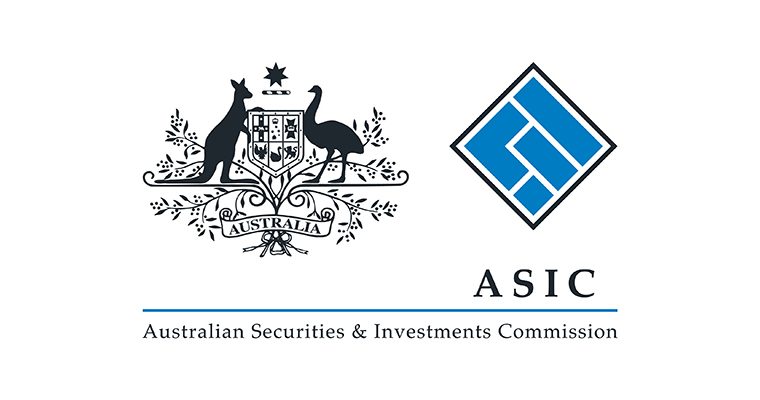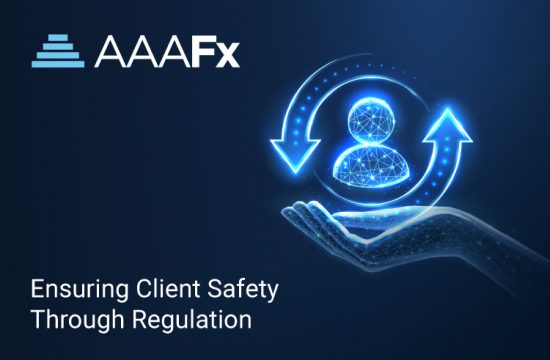The Australian Securities and Investments Commission (ASIC) has released a consultation paper for updates to the repayments Code that are being proposed by them.
Many of the companies licensed by the ASIC are already aware of the code and also many of the companies adhere to it as well but these are new updates to the code so that it remains relevant and effective to those who use and follow them.
Due to the pandemic that has been raging around the world over the last 1.5 years, the payments industry has received a huge boost. While many of the other industries are suffering due to a lack of demand, the payments industry seems to have been the one that has gained the most.
People were forced to use e-payments for many of their daily uses which made such payments a necessity more than a luxury. It is during this last few months that this paradigm shift has happened in this industry and the companies are basking in the glory with many of the digital payment processors reporting record volume of transactions and revenue as well.
It is also time that the regulators have started looking into this more closely as financial crime generally happens in those industries that are growing. Users are not fully aware of the consequences and hence it becomes very important for the regulators to step in and protect them when necessary.
This is what ASIC seems to be doing as well as it looks to step up consumer protection in transactions involving ATM, credit, and debit cards as well as online payments. General issues that happen like payments made to the wrong person and unauthorised transactions made on the accounts of users are handled in the Code which gives broad guidelines on how such situations need to be handled by the user as well as the financial institutions.
The most recent comprehensive review of the Code was completed in December 2010. The ASIC will collect the feedback and then issue a report regarding this feedback and the final position. Then a draft Code will be released for feedback as well.
ASIC clearly states that the Code, though voluntary so far, is likely to become mandatory in the future and this voluntary adherence of the regulated entities is going to be only an interim measure. The companies would need to prepare themselves for more regulations in this regard when the Code comes into force.










